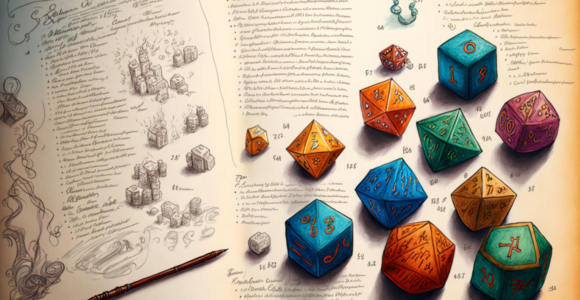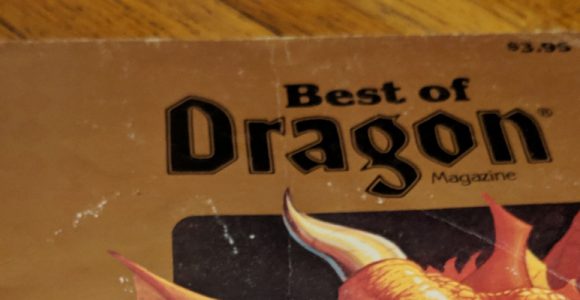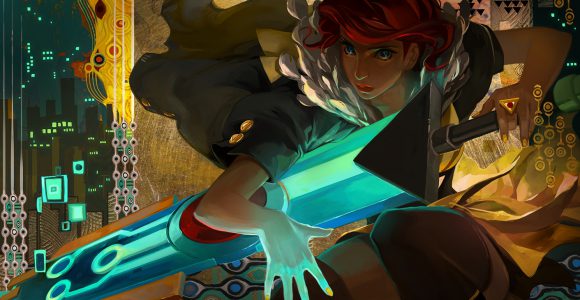There was a little pinprick of joy near the end of this horrific year, and it involved a homecoming to a form of gaming that’s been a part of my life since I was thirteen. It’s a type of gaming that’s breached the mainstream nowadays (due to the rising popularity of the 5th Edition of the “world’s most popular roleplaying game“), but for me, it’s always held a sacred place among the social activities that have shaped the sort of person that I am.
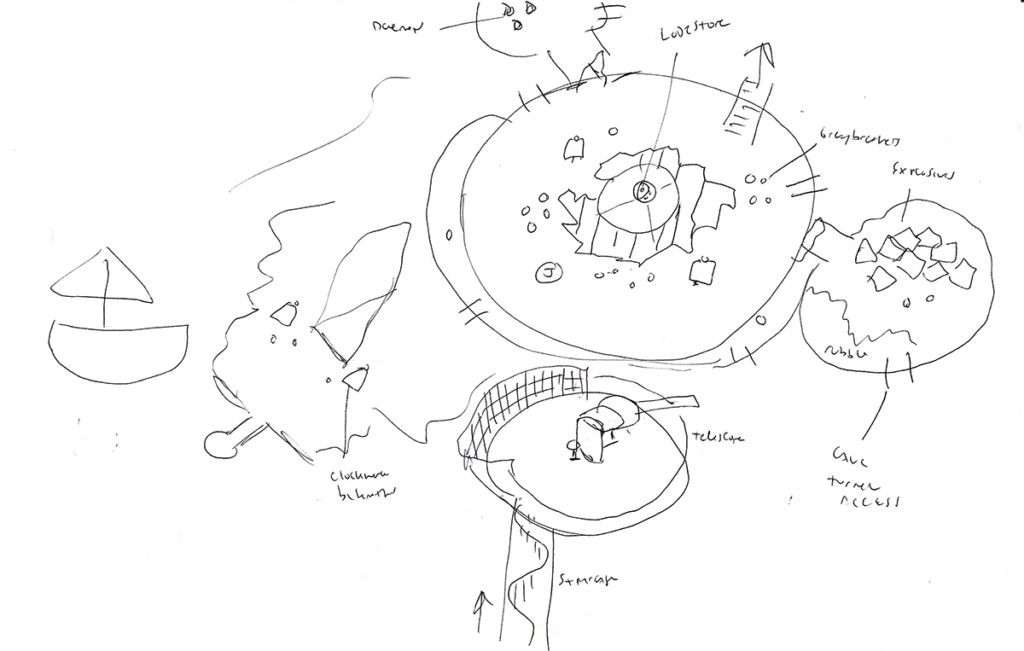
To be fair to my local gaming group: I’ve been playing pretty much weekly for many years. So it’s not like roleplaying games have been absent from my life entirely—my friendly neighborhood Dungeon Master is also the showrunner of our little podcast Worldbuild with Us, and we used to get together regularly before COVID. But what was different these past few months is that I finally decided to get back into the Dungeon Master’s chair, a chair that’s been vacant for me since I left Florida over a decade ago.
Five Days & Two Decades of Adventures
First, a little history: Sometime in 2019, my childhood friend Jennifer Hunker and I hatched a plan to reunite over the winter holiday at my house in Massachusetts. She and her husband live in California. My best friend David, whom I met in fifth grade, lives in Florida. They all agreed to fly across the country for a five-day event, where I’d run five sessions of a roleplaying game I’d conducted in our late teens and early twenties over fifteen years ago. When I left Florida in 2008 to go to grad school, I never thought we’d play again. So we had five days to catch up on nearly two decades of adventures, which meant we’d run each session for six to eight hours at my dining room table from the day they flew in to the day they flew out.
Jennifer’s husband had never played a roleplaying game before. There were times throughout the grueling, five-day extravaganza that we thought we’d lose him. After all, a newbie player’s first experience role playing should not be five eight-hour sessions back to back. But I’ll never forget what her husband said at the end of the last night: I will never forget this experience for the rest of my life.
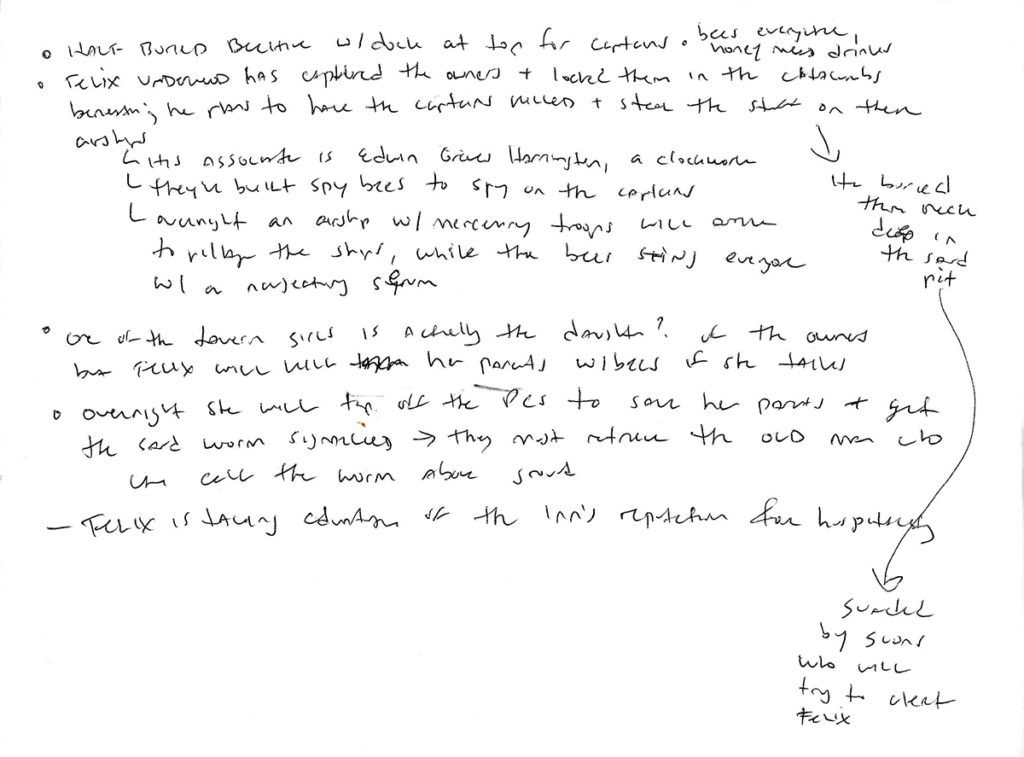
Ever since I was introduced to Dungeons & Dragons twenty-three years ago, I’ve been enamored by what roleplaying games can do for people. In the hands of the right game master, a roleplaying game can kindle in players a kind of imaginative power that they never thought they were capable of. Like a compelling read or a moving piece of music, a roleplaying game has the potential to inspire moments of genuine emotional resonance you can only understand if you’ve experienced a moving piece of music or a compelling read. The world around you boils away as the momentum of the narrative immerses your senses from the inside out. And there are two sides to that experience: the playing and the game mastering. From the perspective of game mastering, the best analogy I can think of is that moment when you know you’ve established a sort of empathic connection with your audience that allows them to experience the thing you are feeling: the gasp at the violinist’s melancholy; the uproarious laughter at the delivery of the comedian’s self-deprecating joke; the rapt silence of the reader absorbing a message of hope you embedded in your pages. The joy of game mastering is that power of psychic transference latent in all creative acts, and the primary reason why game masters spend so much time and effort creating worlds for their players to experience.
On Narrative Serendipity
All this to say that game mastering in roleplaying games is a creative exercise akin to crafting a narrative in the most abstract sense of the phrase: musicians craft narratives with their music that lead you to experience certain emotional states, in the same way writers and comedians craft narratives with their stories. It’s all the same art: one of the ways we humans empathize with each other is by sharing stories. If I want you to feel the abject terror of loneliness that I feel on a dark winter evening in the middle of nowhere, I use my art to immerse you in a narrative.
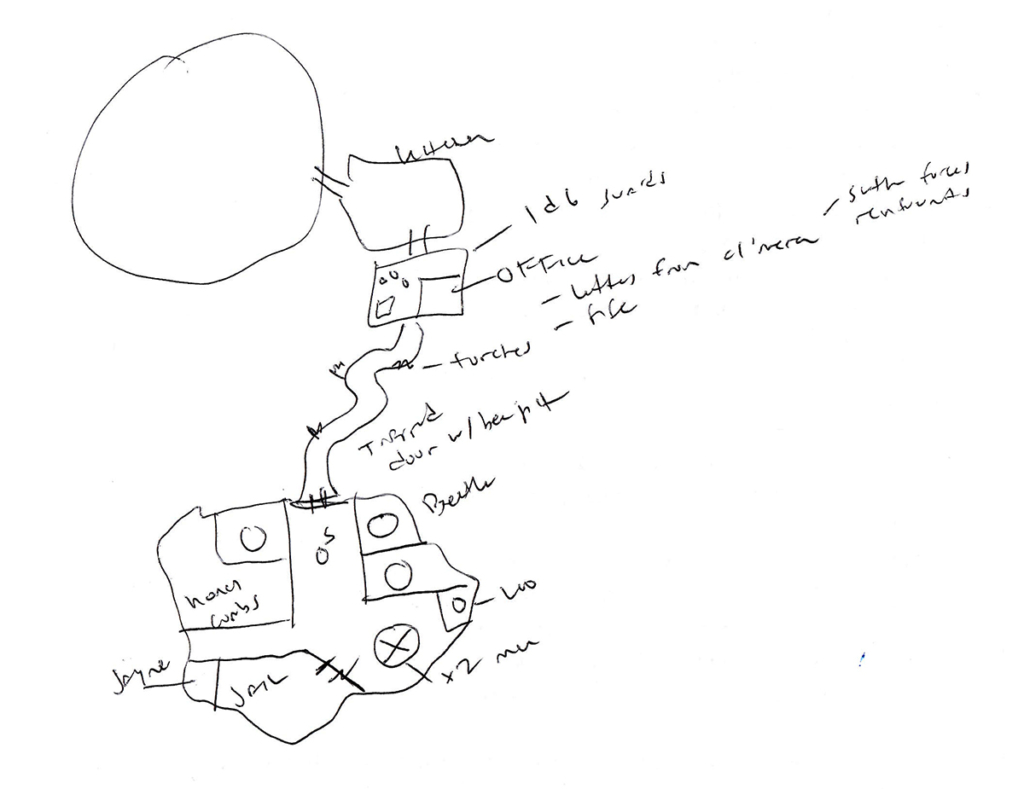
But when I think about the difference between the types of art we’re all intimately familiar with—music, writing, comedy, painting, whatever—and roleplaying games, I keep coming back to a special uncertainty inherent in role playing that’s unique to the artform: serendipity. Sure, there’s a serendipity in writing that happens between the writer and the page, especially among writers who pants their way to a conclusion without a predetermined plot, and there’s a certain serendipity in sketching into the unknown, or feeding off the reaction of the audience when you design your way to a punchline in the limelight. But in roleplaying games, serendipity is an essential component of the game. That serendipity is mediated by the randomness of the dice, and its evocation isn’t between the game master and himself, but between the game master and other human beings, who are unpredictable in and of themselves. Whereas these other artforms are fundamentally one-way exercises, roleplaying is always transactional, literally constructed as a conversation wherein we “play to find out what happens.”
Forsaking Your Fantasy Heartbreaker
Rules, of course, are also essential to roleplaying games. The rules facilitate serendipity because they dictate how the dice are used. They are the other thing that haunts game masters. The rules are like the violin or the typewriter or the mic: incidental to the craft, but nevertheless fundamental to how we craft the narrative in the artform. And there are so many to choose from: if Dungeons & Dragons is the Home Depot of tools in every suburb, then Mörk Borg and Blades in the Dark are artisan woodworkers you can only find on a glacier at the foot of Hvannadalshnúkur in Iceland.
After the dust settled from our insane RPG holiday at the close of 2019, I couldn’t shake the feeling that something was wrong with the rules I was using to tell the stories I wanted to tell. It took me too damned long to prep for those five sessions—months, in fact!—and despite all the fun we had, we spent way too much time thumbing through tomes from the ’80s to read obscure rules or scour our nine-page character sheets for this or that ability we’d forgotten existed. How did I suffer through all this crunch as a teenager? Clearly, I had way more time on my hands back then.
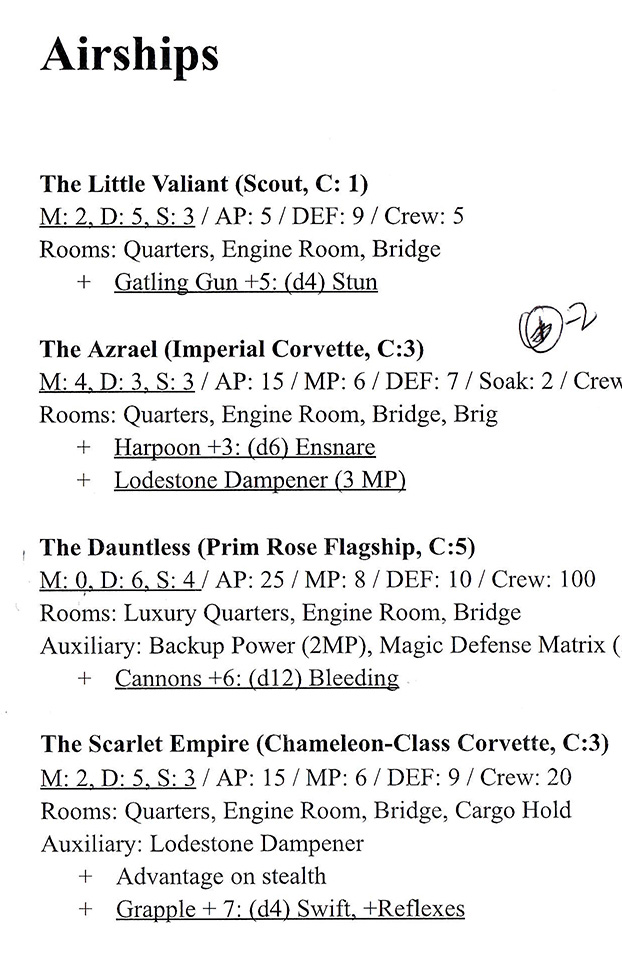
So in 2020, while the world geared up for murder hornets and Australian wildfires, I spent a good deal of time exploring the tools of those artisan woodworkers who’d been quietly reinventing the genre in the shadow of modern gaming’s titans. I’d played many of those titans in the past, from various editions of D&D and Pathfinder, to d6 Star Wars and Star Trek, to Deadlands, Call of Cthulhu, GURPs and TSR’s Marvel Superheroes, but in all that time I had never heard of the Old School Revival (OSR) or any of the games “Powered by the Apocalypse” (PbtA), both of which movements preach new philosophies of roleplaying that are a reaction to what the tabletop gaming industry had evolved into after the turn of the millennium: a tedious simulacrum of the MMORPG, reduced to pen and paper.
I can’t hope to summarize what the OSR and the PbtA approach to roleplaying means to modern gaming in this post, but I’ll say this for now: the games in these traditions toss out all the crunch, and get back to basics, the bare minimum rules necessary to facilitate that narrative serendipity that happens at the heart of the artform. And for me, learning this was a revelation.
I threw out my fantasy heartbreaker. I started again from scratch, and asked myself what was it about that five-day session that could make a newbie player say something like, “I will never forget this experience for the rest of my life?” It wasn’t to be found in the thousand-plus pages of the Wizard’s Spell Compendium or that horrible nine-page character sheet. So I wrote a cobbled-together new system, free of all that legacy, and emailed eight friends who’d never played a roleplaying game before to join me in testing it.
From Rules-Light to Revelation
I wanted to see if I could reproduce that sense of wonder in people who had no concept of what a roleplaying game is. I wanted the rules to get out of the way. I wanted both the GM and the player to roll dice, because I needed to feel as surprised by the narrative as my players. I wanted session prep to take a couple hours at most, not months. I wanted a character sheet to fit on a single sheet of paper or a single viewport of a desktop or tablet. No looking up crap in thousand-page books, no tactical maneuvers to destroy theater of mind combat or multi-paragraph definitions for various mechanics: any rule should be reduced to a sentence at most. I’d have to start with a framework that was extremely simple, but also familiar enough in its styling to awaken the slumbering nerd in these non-gamers. A single session would need to last at most three hours, because, after all, my eight test subjects were nerds with jobs, and I couldn’t expect them to sit in front of Discord for any longer than that.
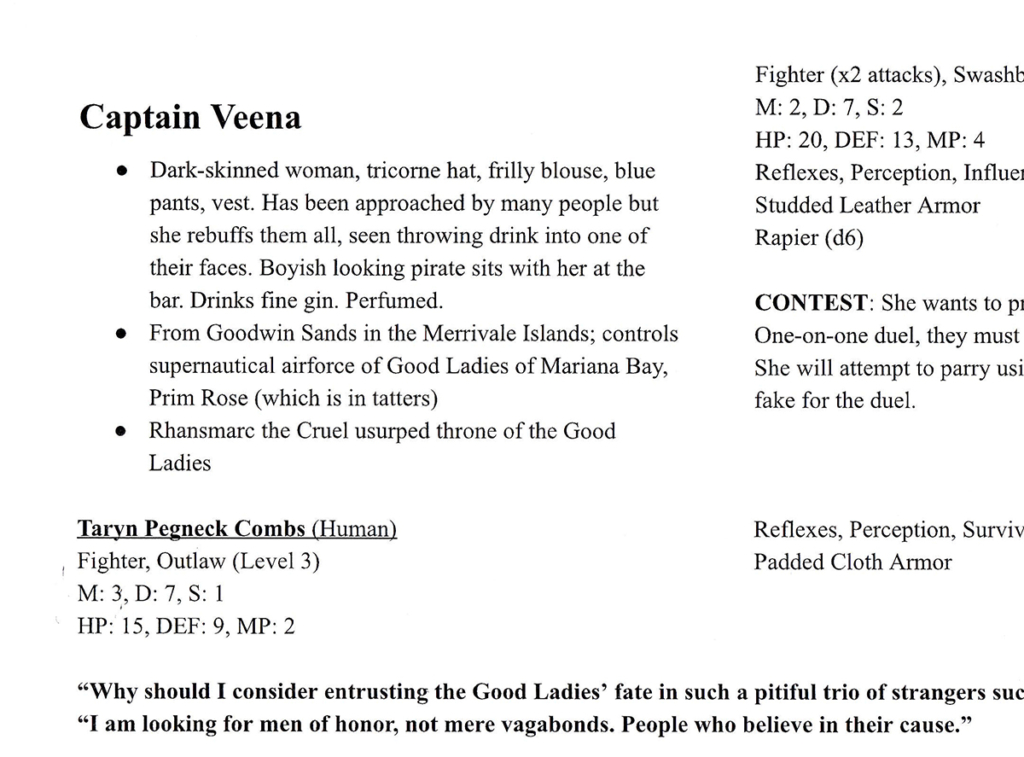
I started with Warrior, Rogue, Mage (WRM) by Stargazer Games, a game with three stats whose numbers are each less than 10, only one modifier in the whole system (a +2), and the core mechanic that relies on a single d6. I wheeled out its fiddly magic system for something inspired by Wonders & Wickedness, an OSR rewrite of spellcasting that encourages imaginative play. I re-introduced classes (a heresy to WRM’s design, but also necessary to evoke basic fantasy archetypes) that pair modularly with lifepaths, so that a single ability imparted by a class plus a single ability imparted by a lifepath equals an entire character concept. I ported over a simplified 5e skill list, much to the horror of OSR players everywhere, while preserving a PbtA sensibility of “success-at-a-cost.” But I also designed into a character’s experience the notion that you are driven to resolve a single Conflict, which manifests as your Flaw, and that defines the whole of you.
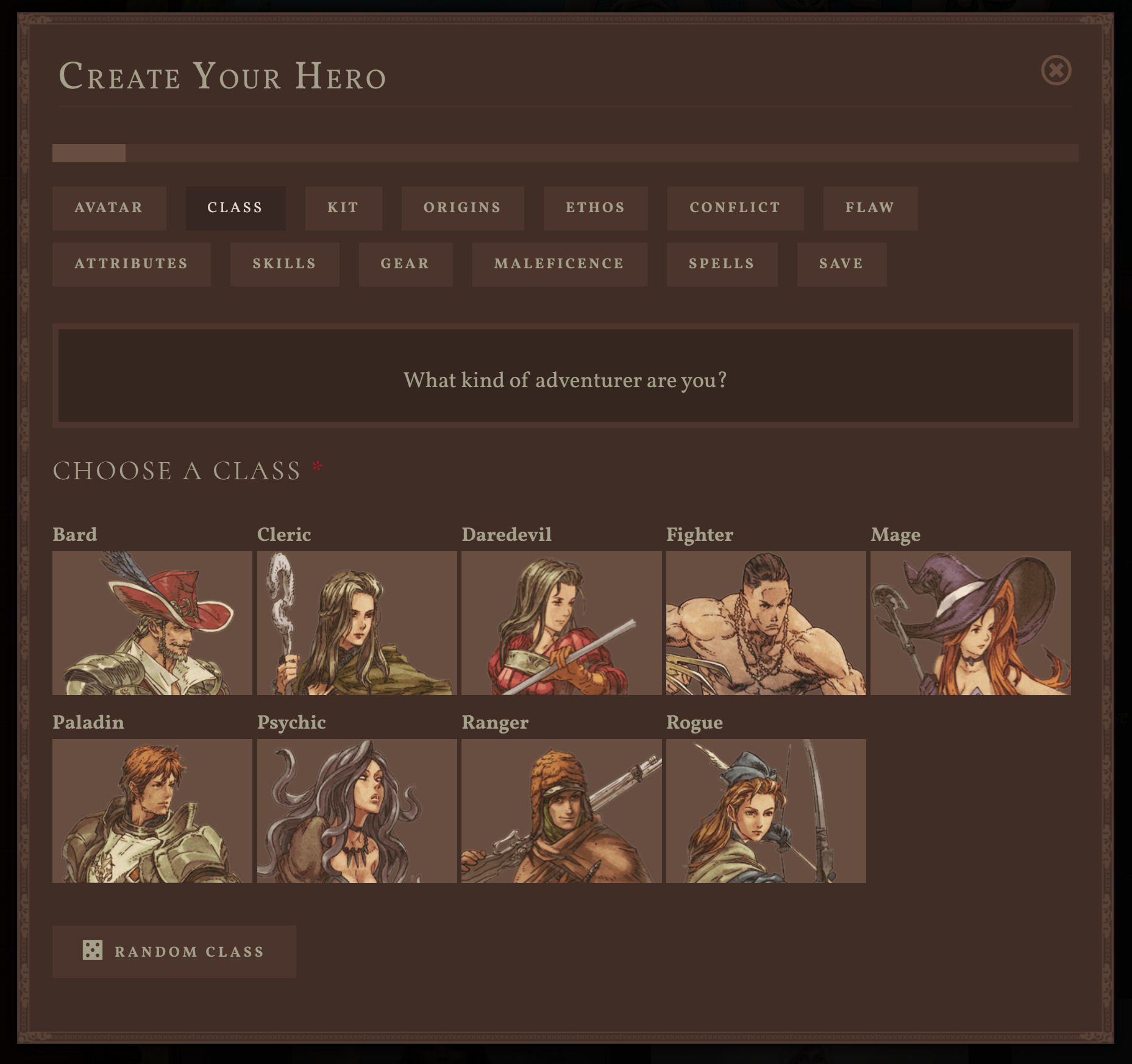
And for the first time in my game mastering career, I was able to painlessly churn out weekly sessions with total newbies—five, six, and even eight players at a time (something I would not advise, but lots of fun for a grand finale). It was, as /r/RPGDesign says repeatedly, a simple case of a game master choosing the correct rules system to tell the stories he wants to tell: quick rules that don’t violate the limits of working memory; exploding dice with odds that favor the players; dramatic opportunity for critical success and failure; Fate points that allow for players to take narrative control of the fiction. These were tenets in “OSR+” that made it possible to tell death-defying, high-stakes stories with equal parts drama and action.
OSR+ in 2021
Alas, all that nerdy excitement makes me sigh.
The new year rears its ugly head as I type this, and that means there will be way less time on my hands for noodling with OSR+. I don’t know what OSR+ is yet. It’s still evolving. I know, for one, it’s fundamentally digital, despite being a pen and paper tabletop game. If there’s anything to be said about the world’s most popular RPG, D&D Beyond is an incredible achievement in an industry that still operates as if it’s 1996. I want OSR+ to have a similar tool at its disposal, if not on a teeny-itsy-bitsy scale that a single web developer like me can put together.
And I know its pre-existence is going to haunt me, like my need to create other things (I’m looking at you, trunk novel).
I guess there’s no time like the pandemic to discover a new fantasy heartbreaker.
